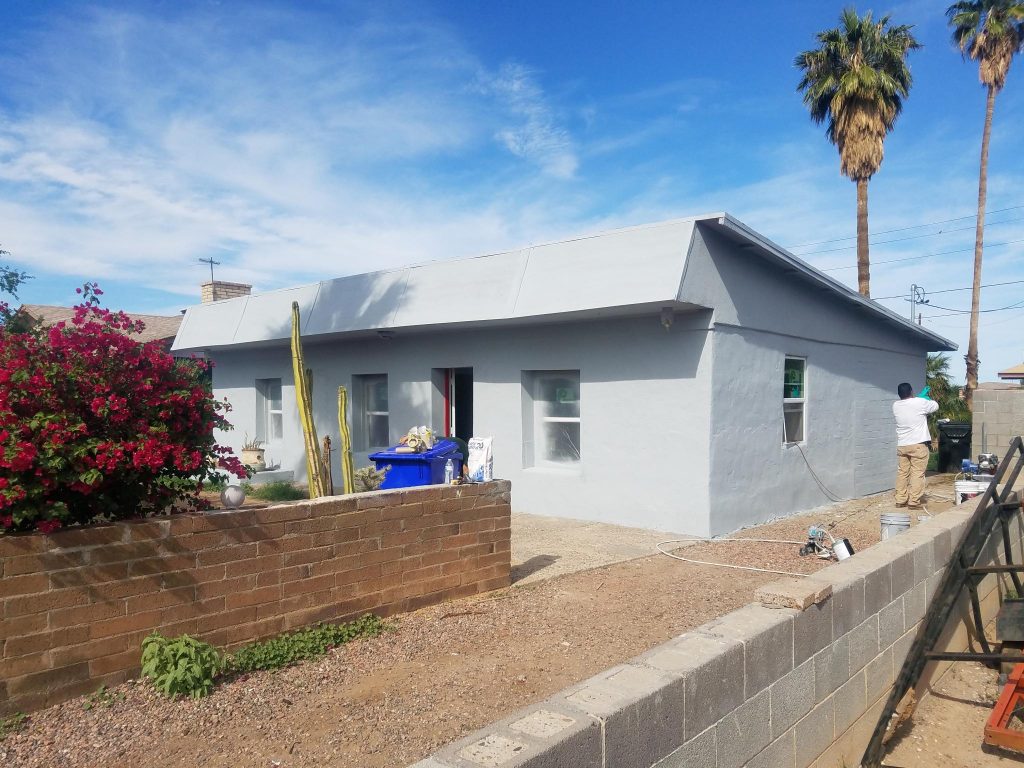
Many of us either own rentals, or have clients with rentals. With the onslaught of new rules and regulations coming from the COVID pandemic, property management has become more challenging. But there are some great ways to mitigate the potential damage.
The biggest issue we face, as landlords, is that tenants stop paying rent, and we can’t evict them for non-payment. We still have bills to pay, mortgages to service, repairs to pay for – but if our tenants can’t or won’t pay, is there anything we can do?
There might not be much, if you don’t have a lease, or if your lease is one of the one or two page leases promulgated by the various realtor associations. These leases, like the residential purchase contract, are heavily weighted first and above all else, to protect the brokers. The second main purpose is to protect the buyer or tenant – and lastly, the seller or owner. So you want to make sure you have a strong lease. Have someone who has been in the business for a while help you with it – I strongly suggest you talk to the best evictions attorney in your area and have them help you. Even if you are an attorney yourself! Work with someone in the trenches.
So what sorts of things should go in the lease? Over the years I have managed my own rentals, here are a few things:
- Violation of the lease if they change the locks without written permission.
- Violation to have a car not registered to a tenant if it is there for more than a week.
- Violation to store anything in the yard. Such as tires, car parts, damaged furniture, trash.
- Violation to operate a business of any kind out of the home, that requires in person visits from customers.
- Violation of the lease if they do not maintain renter’s insurance.
- Violation if they install a trampoline in the yard.
- Violation if they do not keep the pool gate locked when the pool is not in use.
- Violation if they let trash or debris accumulate.
- Violation to keep inoperable vehicles on the premises
- Violation to store inoperable vehicle in the garage. (redundant but…)
There are many other things you can list. You should also be sure to include a crime free lease addendum so that you can evict them for smoking illicit or formerly illicit substances. When I first started, I had a lease that was 3-4 pages long. Today, it is more than 10, mostly listing tenant responsibilities. But what about non-payment?
You can evict for non-payment, but the court is likely to stay the case until the moratorium is lifted. The incoming president is planning to extend it through September! But I think you can still simply end the lease, with notice, at the end of the lease term. For sure you can evict for cause.
When it comes time to get a new tenant, consider renting to a section 8 voucher holder. This is what I have done, and today all but one of my tenants is a section 8 tenant. This is wonderful, because the government pays the rent. Sometimes the tenant is responsible for a small amount, but they pay it promptly because they do not want to lose their voucher! In any case, even if they don’t, you might be getting $1500 from the State and $100 from the tenant – but I’d rather lose out on $100 a month instead of $1600 a month!
I had heard many horror stories about section 8 tenants before I decided to rent to them. I was working with a company, as their listing agent, to sell their portfolio. I had suggested renting them to Section 8, but they refused, saying it was too problematic. At the same time, I met another gentleman, who owned a hundred rentals in Phoenix (and had been friends with John F Long, who developed Maryvale. All 100 of his homes were rented to people with housing assistance, mostly section 8. And he and I talked about it at length, and those discussions are why most of my properties are section 8 now.
It has been a great experience, my tenants are happy, they take excellent care of the homes, and… I get paid on time every month, every time.
Leave A Comment